The epidemic re-emerged in many places.
According to reports from the veterinary sector, diseases such as African swine fever, foot-and-mouth disease, avian influenza and rabies are evolving very complicatedly. African swine fever has occurred in many wards and communes, causing great losses to farmers. Many localities such as Anh Son, Dai Dong, Yen Xuan, Tam Dong... have recorded a large number of infected pigs that had to be destroyed.
Pigs destroyed due to African swine fever. Photo: Xuan Hoang
In Hoa Quan commune (formerly Thanh Chuong district), African swine fever has broken out strongly since the beginning of July. The epidemic has forced the locality to destroy over 1,000 pigs of 126 households, including some households that had to destroy herds of hundreds of pigs. Local authorities have struggled to implement epidemic prevention solutions but have not yet been able to control the epidemic.
In many other localities, people throw dead pigs into the environment, such as in Minh Chau commune, Quang Chau (former Dien Chau district), creating a widespread disease. This situation makes farmers worried.
After destroying infected pigs, people sprinkle lime powder to treat the barn environment. Photo: Xuan Hoang
The causes of the outbreak are determined to be widespread small-scale livestock farming, some localities have not fully implemented disease prevention measures, limited public awareness, erratic weather and low vaccination rates. These factors increase the risk of disease spreading and re-emerging.
The Chairman of the People's Committee of communes and wards is responsible to the Chairman of the Provincial People's Committee if an epidemic occurs.
Faced with the above situation, on July 15, the People's Committee of Nghe An province issued urgent dispatch No. 20/CD-UBND, requesting relevant levels and sectors to highly focus on disease prevention and control, preventing the risk of widespread spread.
Farmers implement solutions to prevent African swine fever. Photo: Xuan Hoang
Accordingly, the Chairman of the Provincial People's Committee requested the Chairmen of the People's Committees of communes and wards to focus on directing and mobilizing all resources to completely handle outbreaks, not allowing the epidemic to prolong and spread. Localities must clearly assign tasks to each department, strengthen supervision, propaganda, raise awareness among people and establish mobile inspection teams to promptly detect and handle violations.
Specifically, people need to strictly follow disease prevention regulations: do not hide the disease, do not throw dead animals into the environment, fully vaccinate, keep barns clean and promptly report when animals show signs of illness or death.
Slaughterhouses must be strictly controlled, ensuring they have operating licenses, veterinary hygiene conditions and slaughter control staff.
The Department of Agriculture and Environment is assigned to preside over and establish working groups to directly inspect localities; direct the Department of Animal Husbandry and Veterinary Medicine to coordinate in monitoring, detecting and handling epidemics, ensuring adequate vaccines, chemicals and epidemic prevention materials. Quarantine of animals and animal products, inspection of origin and veterinary hygiene conditions at processing and storage facilities must also be strengthened.
Along with that, the Department of Health is assigned to step up activities to prevent and control diseases transmitted from animals to humans, especially in areas with outbreaks. The Provincial Center for Disease Control must closely coordinate with the Department of Animal Husbandry and Veterinary Medicine to conduct epidemiological investigations, share information and deploy necessary medical measures.
The Department of Finance is responsible for promptly arranging funding for disease prevention and control, and supporting livestock breeders whose livestock are destroyed due to disease.
Along with that, the Provincial Police and Border Guards have increased inspection and control of the transportation and trade of animals and animal products of unknown origin without quarantine certificates, especially in border areas and illegal transportation hotspots.
Hoa Quan Commune - a locality where African swine fever is re-emerging. Photo: Xuan Hoang
In addition, the Provincial People's Committee requested relevant departments and branches to step up propaganda so that people do not panic but also do not become subjective. It is necessary to disseminate clear and easy-to-understand epidemic prevention measures, helping people to proactively implement epidemic prevention right from their households.
A notable point is that the responsibility of the head is clearly emphasized in the Telegram: The Chairman of the People's Committee of the commune and ward is responsible to the Chairman of the Provincial People's Committee if an epidemic occurs, spreads, causing serious consequences. This demonstrates the determination to tighten discipline, improve the effectiveness of leadership and direction at the grassroots level.
In the context of Nghe An promoting safe and sustainable livestock development, good control of diseases is an urgent requirement. Without drastic, synchronous measures and strong participation from the grassroots to the provincial level, the livestock industry will face many risks, affecting social security and food safety./.
Source: https://baonghean.vn/nghe-an-siet-chat-cac-bien-phap-phong-chong-dich-benh-gia-suc-gia-cam-trong-boi-canh-dien-bien-phuc-tap-10302384.html


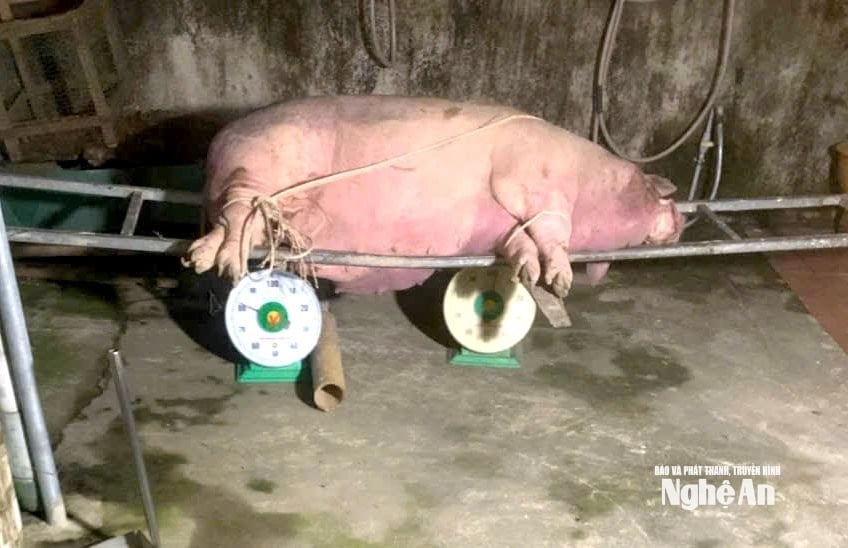
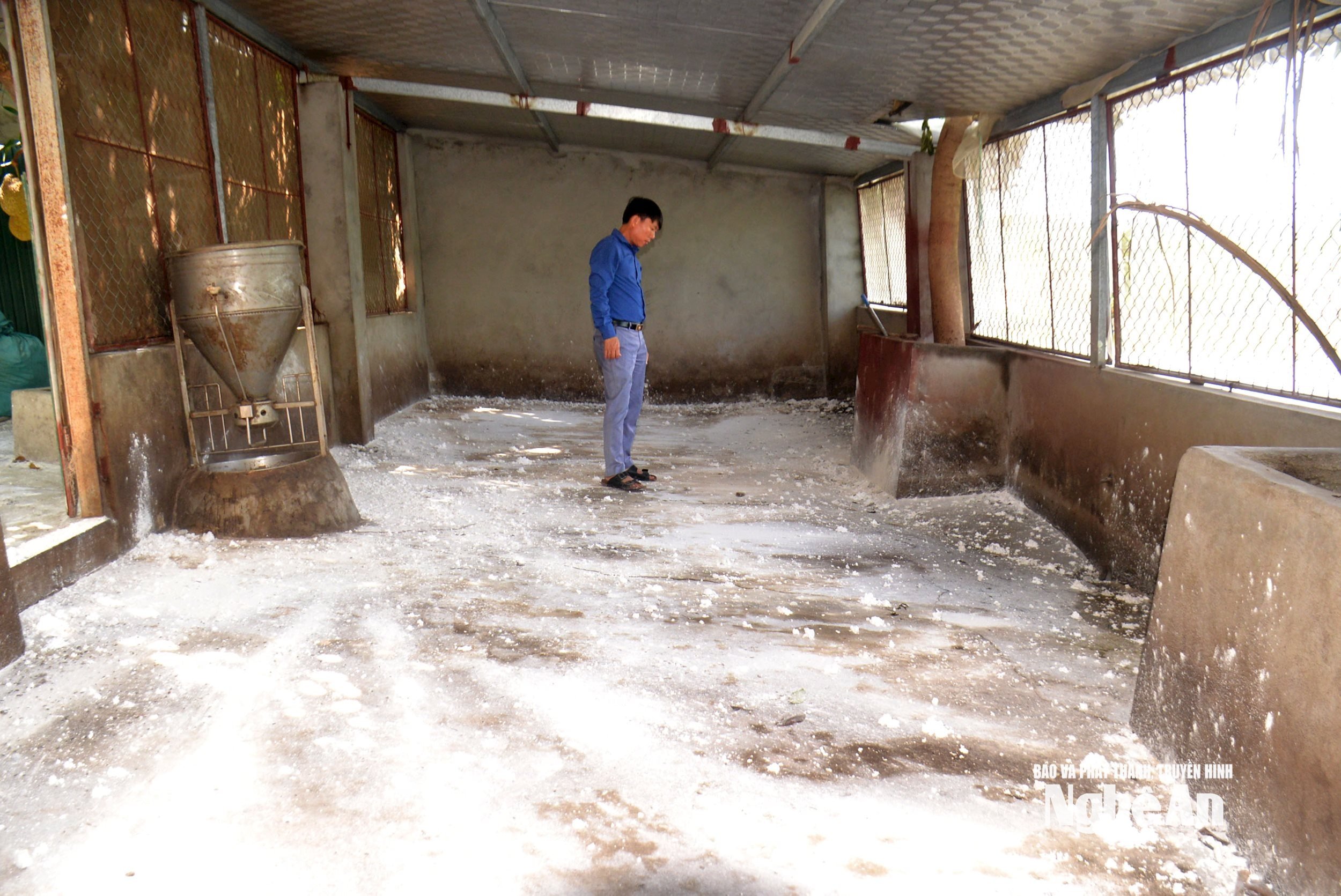
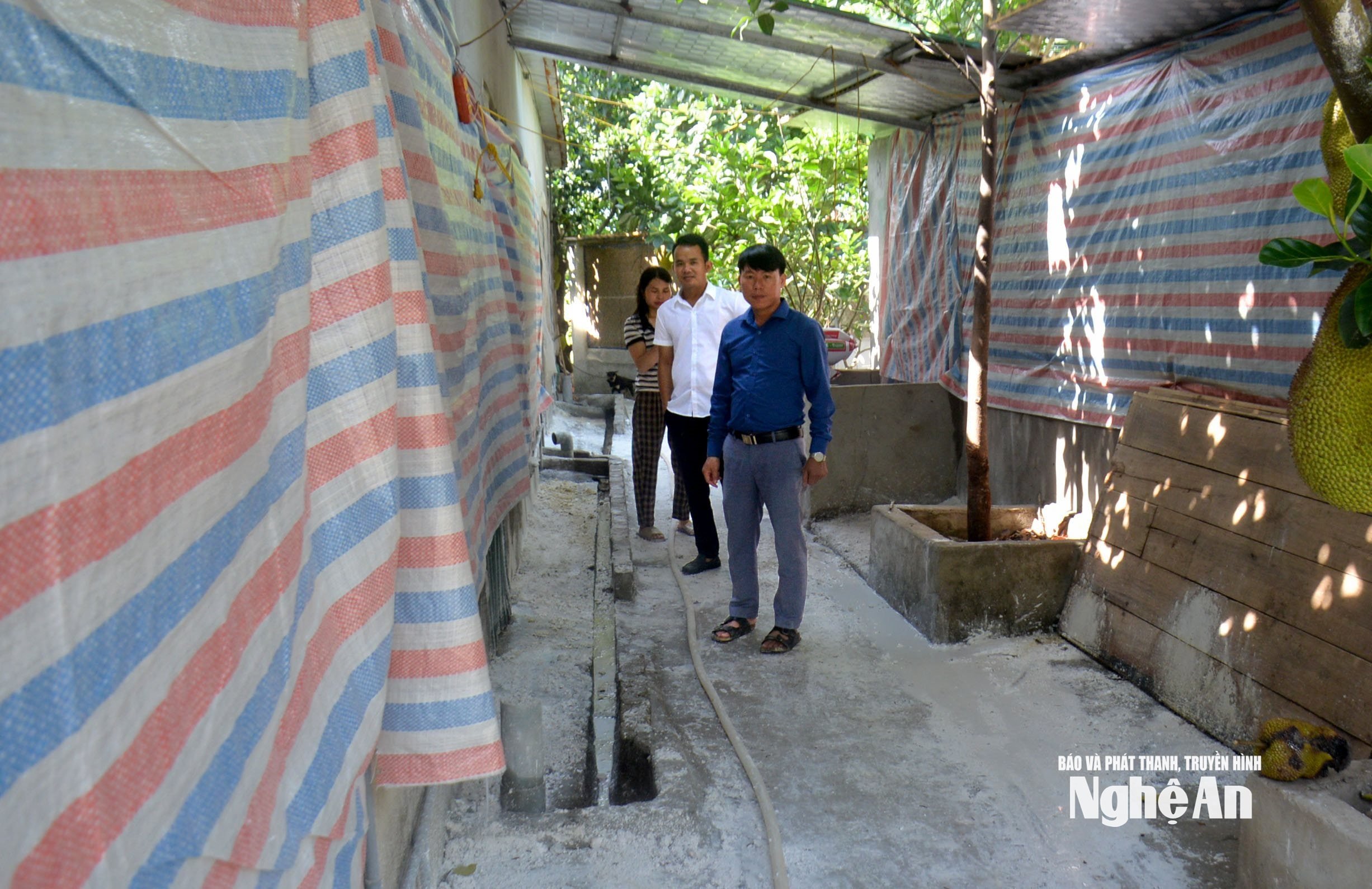

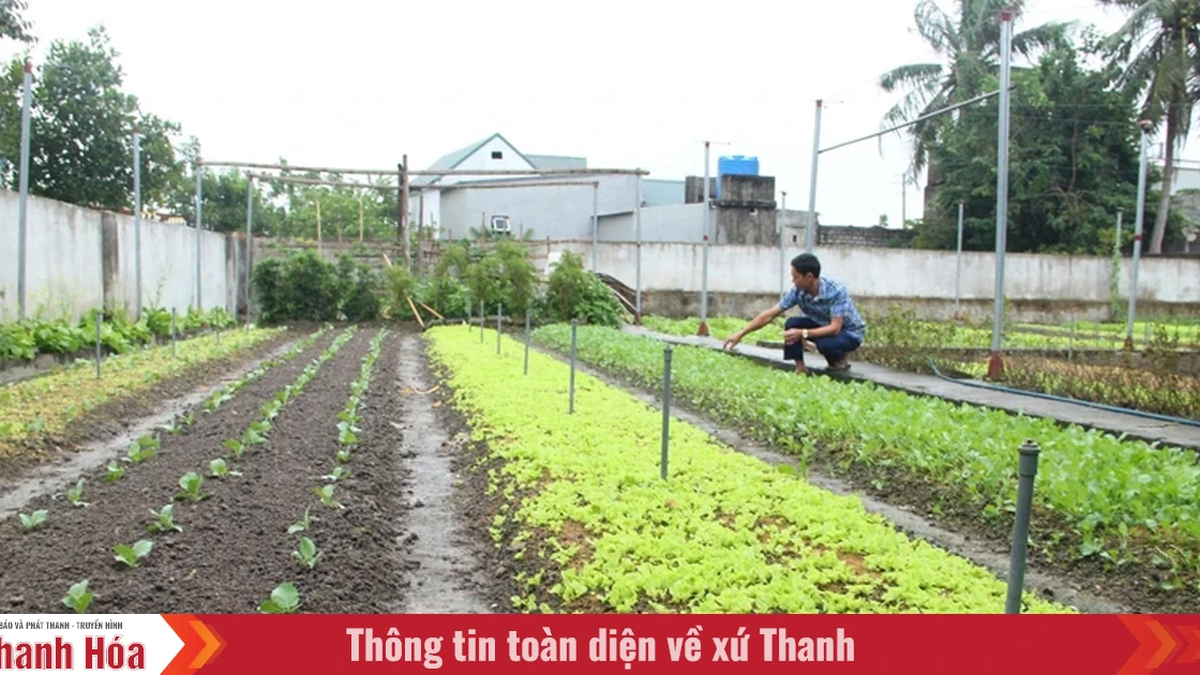
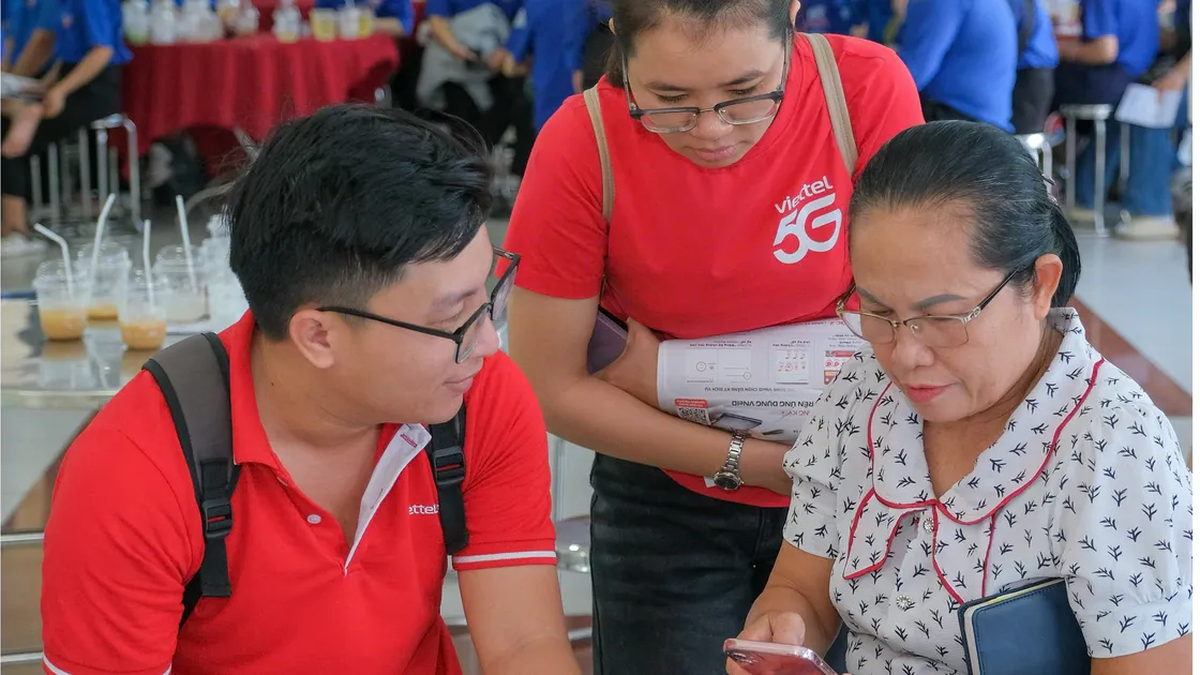


![[Video] Hanoi recruits additional students for grade 10 of public high schools: Expanding opportunities for students](https://vphoto.vietnam.vn/thumb/1200x675/vietnam/resource/IMAGE/2025/7/19/16eff35c4ef049adbb5d45e8fec14e86)


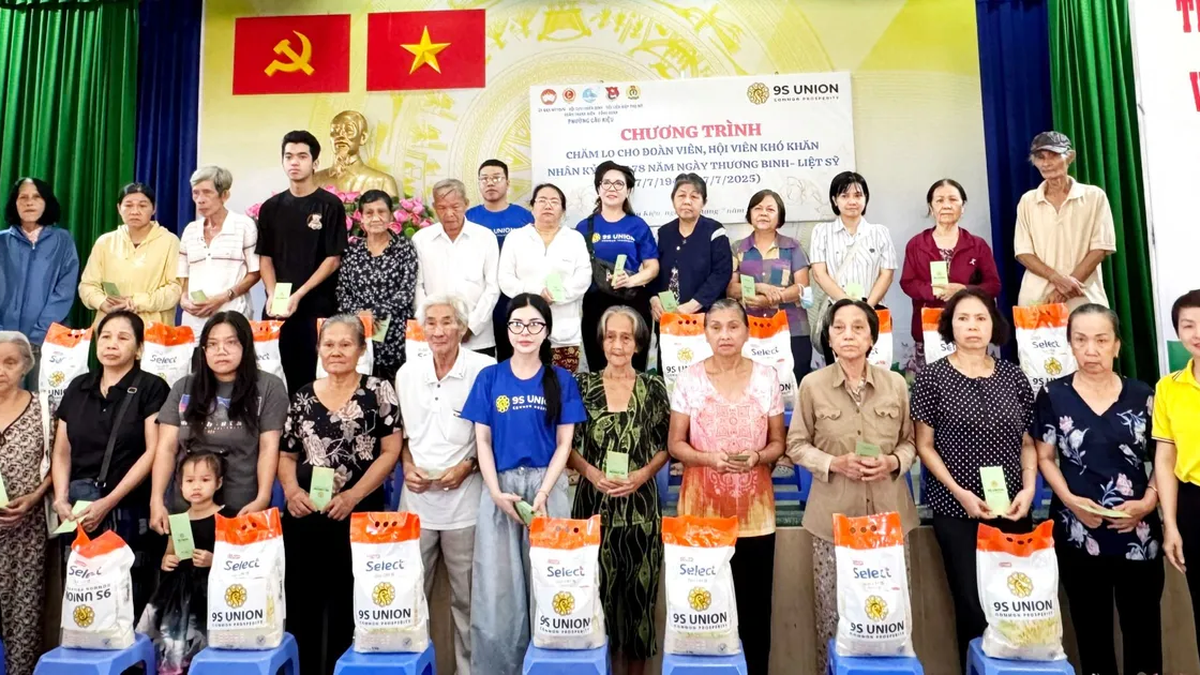
























































































Comment (0)